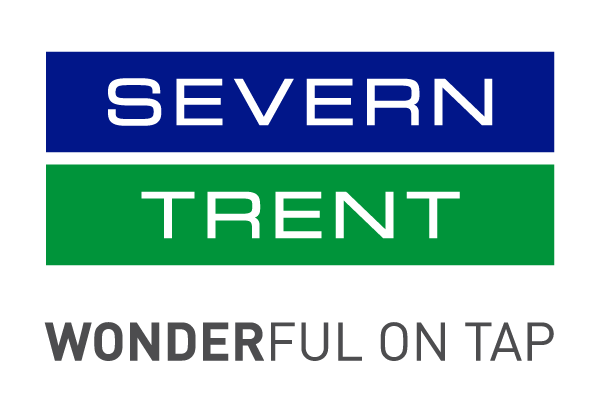News
We want to thank Chinese food outlets at Chinese New Year for their help in preventing fatbergs
As it’s the Chinese New Year, along with contract partners ECAS, we'd like to thank all of the Chinese food outlets in the Midlands who we’ve been working with to prevent sewer blockages from happening.
On our behalf, environmental inspectors from ECAS have been visiting food service establishments to educate kitchen staff about what they shouldn’t be putting down sinks and drains – plus advising them on what grease trapping equipment they might need to install. This is part of a drive to minimise blockages in sewers and drains across the Midlands, and to stop them from happening in the first place.
We've been running an awareness programme for food outlets on how to responsibly dispose of fats and oils from cooking, and to help them to better understand the environmental benefits of looking after their pipes and the local sewers in their communities. We're also supporting them with regular maintenance of the sewer pipes near to the restaurants.
This partnership approach has been incredibly successful and is part of a programme that we have in place to tackle fatbergs by preventing them in the first place. The initiative has been designed and delivered with contract partners ECAS, who specialise in implementing FOG management programmes. It’s been working incredibly well over the last few years, leading to a reduction in the number of pollutions, flooding and sewer blockages – and has resulted in us becoming a leading UK water company in this field.
Grant Mitchell, Fats, Oils, and Grease Strategy Lead, said: “We don’t want to be telling the world about huge fatbergs that we’ve found – we want to be tackling the issue at source, so we’re really pleased that both big national food chains and local food businesses have agreed to work with us on reducing sewer blockages and fatbergs. I think everyone now understands the need to reduce the impact that restaurants and takeaways have on the environment, so most are really keen to do this with us. The response from kitchen staff has been great; they’re so keen to learn about how they can play a key part in reducing sewer blockages to improve their local environment.
“Most blockages are caused by people putting the wrong things down their toilets and sinks, and we normally only know about the blockage when sewage is backing up and spilling out onto the road, so education on preventing the blockage in the first place is key to protecting the environment. By working with food outlets like restaurants and takeaways, who take their environmental responsibility so seriously, together we’ll be able to make a significant difference to the number of blockages which are caused by fats, oils and grease. Hopefully, these businesses will serve as role models to other companies who we’re still trying to work with.”
Chun F Kong, from The Mayflower restaurant in Cheltenham (pictured) said: “We’re very pleased to have been working with Severn Trent who were able to advise us on everything about our grease traps. Without the grease traps we could get flooding in our restaurant and that would lead to loss of trade. It’s also very important that we do our bit for the environment as well. If everyone can do the same, we’ll have happy businesses and less blockages for all of us. So, I highly recommend working with Severn Trent.”
Jenny Feng, from Ming’s Kitchen in Jacksdale, Nottingham said: "We’re glad to have worked with Severn Trent on this project to reduce fatbergs by installing a new grease trap last year. It’s great for us as it reduces any risk to our pipes in the kitchen and it also benefits the wider community we serve, as we are not disposing of fat, oil or grease into the public drainage system."
Grant added: “These may be businesses that we’re working with, but their staff and all of our other customers can put the same principles into practice at home. It’s easy to assume that the warm grease and fat left over from a meal could be poured down the sink, as long as it’s washed down with a lot of hot soapy water.
“But the reality is that quite quickly the fat and grease will cool and solidify, build up and potentially block a drain or sewer. It’s better to wipe out any greasy pans with a bit of kitchen roll, and then put it in the bin. Large amounts of left-over cooking grease should be poured into a pot or jar with a lid.”
If customers do run into problems, either with slow drains or a blocked sewer which is Severn Trent’s responsibility, it can be reported here or by calling 0800 783 4444.
Advice for commercial kitchens can be found on our website.
